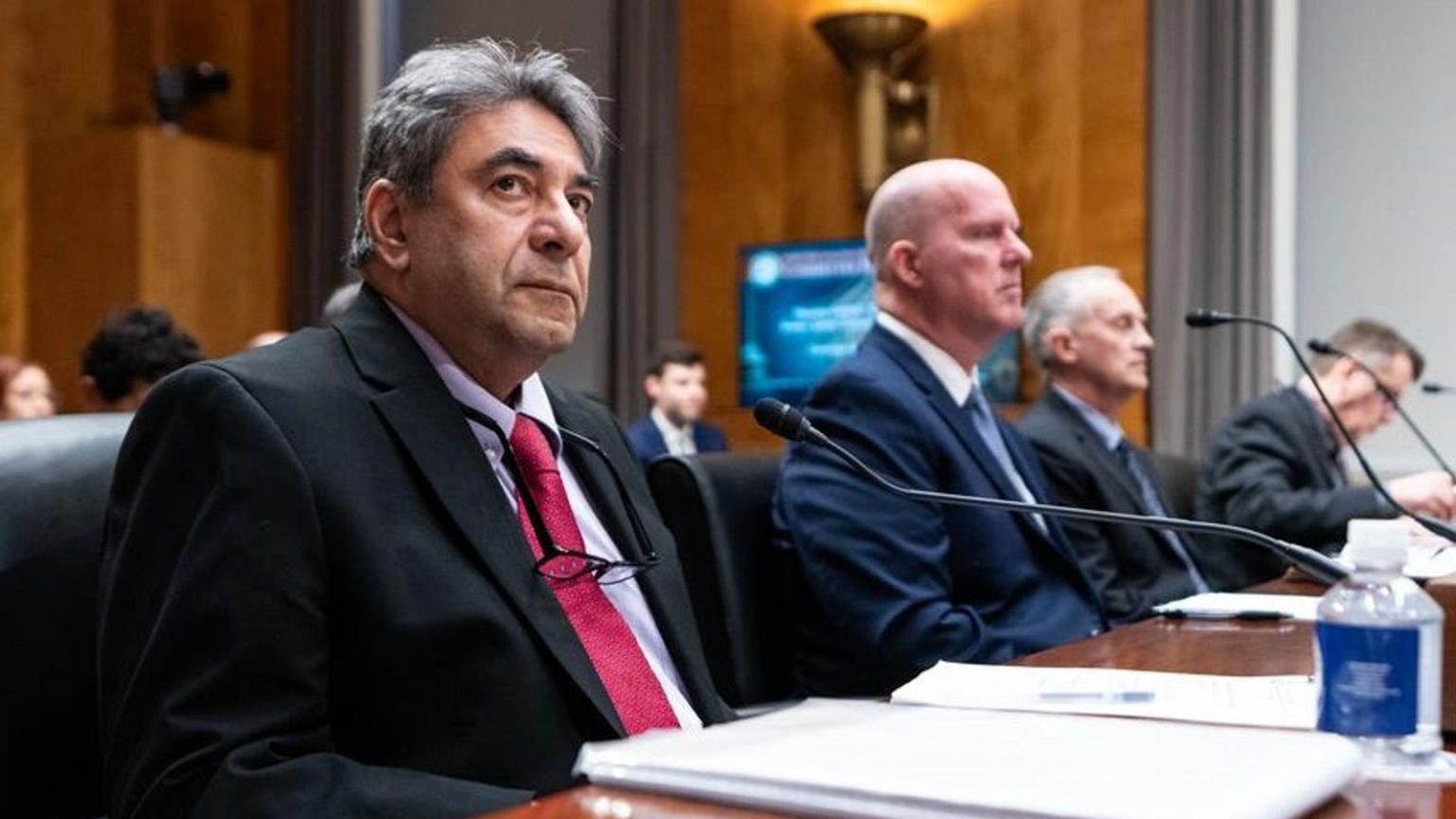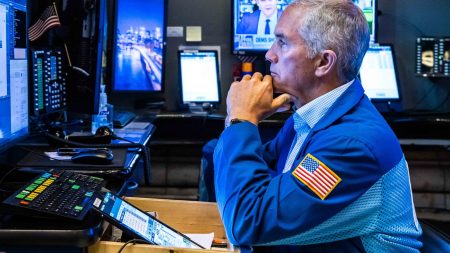Boeing whistleblower Sam Salehpour testified before a Senate subcommittee on Wednesday, revealing that he received physical threats after raising concerns about the manufacturing process for the 787 Dreamliner and the 777. Salehpour, who worked for four decades as an engineer at Boeing, detailed instances where he was sidelined and told to shut up by his superiors. He even received threats from his boss, who allegedly said he would have killed someone who raised similar concerns. Despite the alleged threats, Salehpour said he would return to work at Boeing after his testimony, as his job is protected by federal whistleblower laws.
Regarding his concerns about the manufacturing processes at Boeing, Salehpour explained that he noticed issues with the shimming of the aircraft, which involves filling in gaps between segments of an aircraft’s fuselage. These minor gaps, equivalent to the width of a human hair, can lead to fatigue cracks during flights. Salehpour discovered that instead of properly shimming these gaps, manufacturers were applying excessive pressure to push misaligned pieces together. He also witnessed unsafe manufacturing practices on the production line for the 777, where workers were using unmeasured and excessive force to correct misalignments, weakening the airplane in the long run.
Salehpour’s testimony revealed a culture of retaliation at Boeing, where employees who raised quality issues were threatened and sidelined. Despite being ignored and even moved to a different program after raising concerns over three years, Salehpour continued to speak out for the safety of the aircraft and its passengers. He agreed that there was a systemic issue of retaliation at Boeing when addressing quality issues, stating that when concerns were raised, individuals were threatened. Salehpour remains committed to speaking up and ensuring the safety and quality of Boeing’s aircraft, even in the face of threats.
Boeing has previously refuted Salehpour’s claims, calling them inaccurate and stating that they do not represent the comprehensive work Boeing has done to ensure the quality and safety of their aircraft. The company highlighted stress testing conducted on the 787 Dreamliners and the lack of evidence of fatigue cracks on the majority of their aircraft in service. Boeing’s chief engineer, Steve Chisholm, disputed Salehpour’s claims about widespread shimming problems, stating that the majority of inspections indicated full conformity. Boeing also emphasized their commitment to encouraging employees to speak up about issues and stated that retaliation is strictly prohibited within the company.
Salehpour’s testimony before the Senate subcommittee sheds light on the challenges faced by whistleblowers within the aerospace industry and the importance of speaking up for safety and quality standards. Despite the risks and threats he has faced, Salehpour remains dedicated to his role as a whistleblower and ensuring that the manufacturing processes at Boeing meet the highest standards. His courage in speaking out against potential safety risks highlights the importance of accountability and transparency within the aerospace industry. As Salehpour continues to advocate for improvements in the manufacturing processes at Boeing, his testimony serves as a wakeup call for the industry to prioritize safety and quality above all else.















